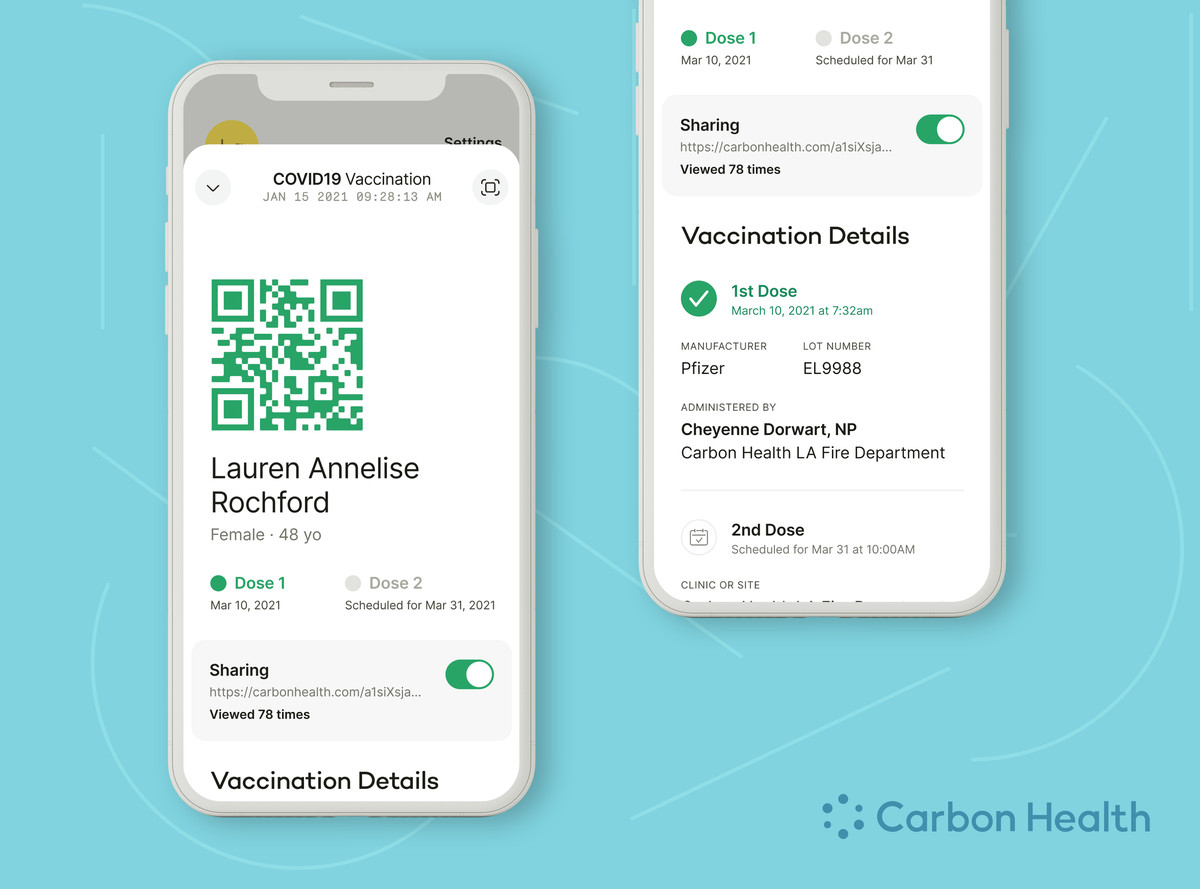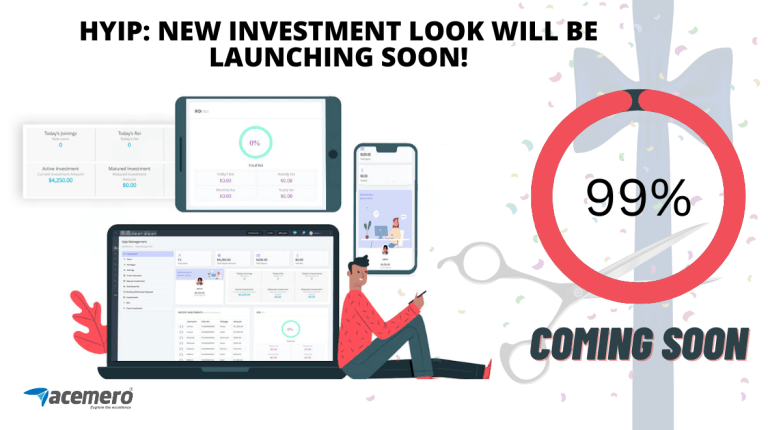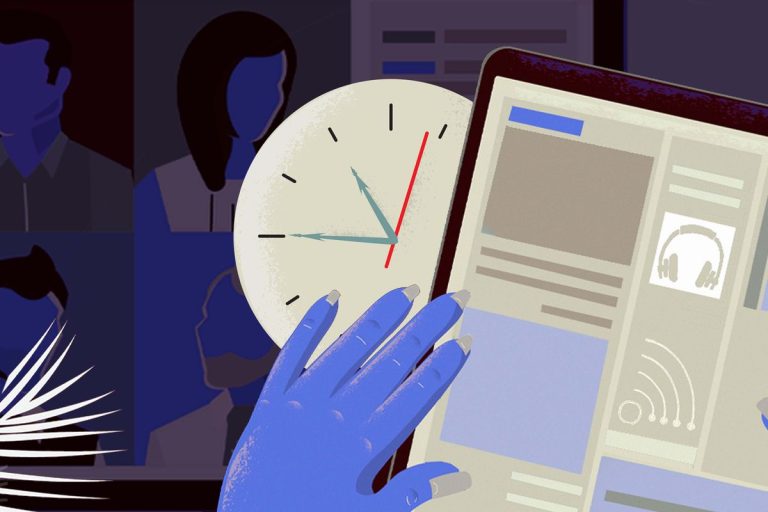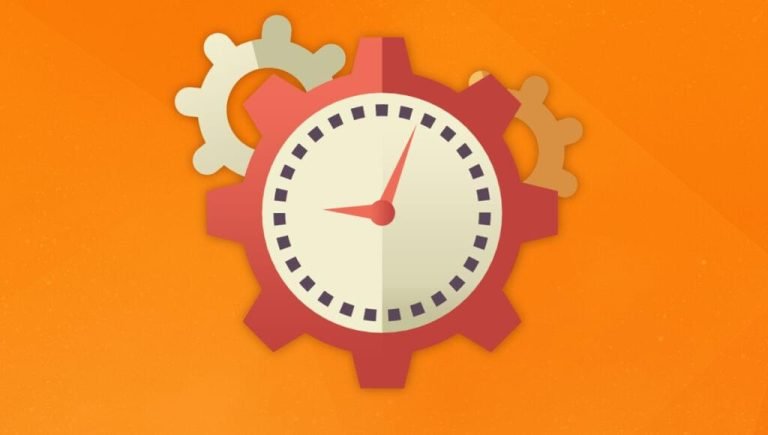
In the United States, vaccine passports have become a controversial issue. But not everyone seems to be arguing about the same thing.
The term “vaccine passport” generally refers to a smartphone app that can quickly confirm that someone has received a Covid-19 vaccine, so the phone’s owner can do things like enter a venue or board a plane. The debate over vaccine passports, however, often confuses these apps with the broader issue of how vaccination records are handled. Some Republicans have likened the concept to invasive government surveillance and even banned vaccine passports in some states, while vaccine passport proponents have argued that proof of inoculation could help businesses recover and push people’s lives closer to normal.
White House officials have said there will be no vaccination passport offered or mandated by the federal government. Instead, different private and state-run initiatives have popped up offering hundreds of vaccine-related apps and services people can choose to use. At the same time, some American universities say they’ll require proof of a Covid-19 vaccination from students in order for them to return to campus. Workplaces and employers could institute similar requirements, according to some legal experts.
Vaccine passports may also help lift the travel ban between the US and Europe. Ursula von der Leyen, president of the European Commission, told the New York Times in late April that she would soon propose a policy outlining the practical logistics of using vaccination records from the US to enter European countries. The European Union is also developing a vaccine passport called the “Digital Green Certificate” for EU citizens to travel within Europe, but it will be months before the system is ready.
Whether these vaccine passports will become a large part of reopening the American economy remains to be seen. (After all, other Covid-19 public health initiatives, like digital contact tracing, have failed in the US.) You probably still have questions. There are a lot of unknowns, but here’s our best stab at answering them.
I got a vaccine card when I got my shot, so now I have a vaccine passport, right?
Table of Contents
- 1 I got a vaccine card when I got my shot, so now I have a vaccine passport, right?
- 2 So then how exactly does a vaccine passport work? How is it different from showing a vaccination record?
- 3 Will the US government force me to use a vaccine passport?
- 4 I have been vaccinated, and I’d like to start doing more things. How can I get a vaccine passport?
- 5 What can I do with a vaccine passport?
- 6 Vaccine passports seem useful. So what are the downsides?
- 7 So why do conservatives want to ban vaccine passports?
- 8 Will vaccine passports help the world “reopen”?
Not exactly. The paper vaccine card that everyone getting jabbed in the US receives — the one with the Centers for Disease Control and Prevention (CDC) insignia — includes your personal information, which vaccine you got, where you got it, and a batch number. At least one venue has used these cards to confirm people’s vaccination status, but the cards are not likely to serve the role of a vaccine passport, in part because they’re easily destroyed, lost, or faked.
But the underlying concept of using a paper vaccination record as a sort of vaccine passport is not new. Parents often need to submit proof that their children have received certain vaccinations before starting school or summer camp. Some countries require that visitors carry a small yellow document overseen by the World Health Organization (WHO) called an international certificate for vaccination or prophylaxis, which confirms those visitors have gotten inoculated against an illness, often yellow fever.
Some health care providers administering the Covid-19 vaccines are offering digital and paper records of vaccinations. For instance, Walmart announced last month that it would offer “Smart Health Cards” to anyone who got a Covid-19 vaccine through its pharmacies. Those records are accessible through patients’ Walmart pharmacy accounts or available in a paper format. Similarly, Carbon Health, which has partnered with the city of Los Angeles for vaccinations, has launched a digital health pass that will soon work with Apple Wallet and Google Pay.
So then how exactly does a vaccine passport work? How is it different from showing a vaccination record?
A vaccine passport streamlines the process of verifying that a person has been vaccinated or has received a recent negative test. This is usually done through an app or a printed-out code. The venue, airline, or other party scans this code, which indicates whether the person has a digital vaccination record or negative test result on file with certain health care providers, private companies, or even the state or local government.

The CommonPass and Health Pass are two new apps that work as vaccine passports. The CommonPass was launched by the Commons Project, a nonprofit initiative that focuses on digital health. Clear, the company known for its ability to get its members quickly through airport security, is rolling out a Health Pass app, which has been used at events including NBA games. Then there’s the Excelsior Pass, a vaccine passport system that’s been launched by New York state. All of these tools can also verify negative Covid-19 test results.
Abroad, the Israeli government is issuing the Green Pass, which allows people who have been vaccinated or have recovered from Covid-19 to return to indoor venues like restaurants and hotels.
Will the US government force me to use a vaccine passport?
No. White House officials have repeatedly said that the US government will not be forcing people to get vaccinated, and it will not be issuing vaccination passports.
Meanwhile, many corporate-led vaccine passport initiatives are optional, and vaccine passport apps typically allow people to gain entrance to a venue by providing proof of a negative Covid-19 test if they have not been vaccinated.
I have been vaccinated, and I’d like to start doing more things. How can I get a vaccine passport?
How to get a vaccine passport depends on a number of factors, including where and how you got vaccinated. Because there is no centralized vaccination records system at the federal level, you might not be able to get a vaccine passport at all. So your CDC card might be the next best thing.
To figure out what’s available to you, sign in to your account with the health care provider that gave you the vaccine — maybe it’s Walmart or a regional health system. If you’re not sure if you have an account, check your emails and text messages. Not all health care providers are issuing digital vaccination records, but some, including Walgreens, may do so in the near future.
If you live in New York and you got both doses in the state, you should be able to use the Excelsior Pass app to confirm your vaccination status. The state explains how to set up an Excelsior Pass here.
the Clear app. Both the CommonPass and the Health Pass work with Walmart’s digital vaccination records system as well as a growing list of other health care providers and venues.
The International Air Transport Association (IATA)’s Travel Pass app is available to download on iOS, and the organization expects to launch an Android version later. How useful that app will be will depend on what airline you’re flying on and whatever requirements the country you’re traveling to has implemented.
Finally, if you just want a copy of your digital vaccination record, contact the place you got vaccinated or your state health authority to see what options are available.
What can I do with a vaccine passport?
Right now, vaccine passports can’t be used in many places, but there are some signs they could become more widely used.
New York’s Excelsior Pass has been used in some venues including Madison Square Garden, Barclays Center, and Yankee Stadium. Hawaii Gov. David Ige recently announced plans to roll out a vaccine passport pilot program so that tourists eventually wouldn’t need to quarantine after entering the state, and North Carolina Gov. Roy Cooper has said he’s “having discussions” about “vaccine passports.”
More than 20 airlines are also experimenting with vaccine passports, including the IATA’s Travel Pass and the CommonPass. For example, you can currently use the CommonPass on a limited number of United and Lufthansa flights from Germany to the US. You can also use the CommonPass to skip the Covid-19 screening line to get into Aruba.
Meanwhile, Clear’s Health Pass is being used by entities as varied as the 9/11 Museum and the NBA. Some cruise lines have announced they also want to restart operations by requiring proof of vaccination for passengers, so vaccine passports could show up at ports sometime soon.
Vaccine passports seem useful. So what are the downsides?
Some are worried that instituting vaccine passports will create two classes of people: those who are vaccinated and those who are not. In early April, the WHO said it does not support the use of vaccine passports. The global health agency has said it’s awaiting more information about transmission, and that — given the limited supply of vaccines globally — vaccine passports could lead to more privileged people getting preferential access to vaccines in order to travel, ahead of people who are at greater risk.
Another area of concern is privacy and security. Some are worried that working with an app means their health data will be compromised. For example, one privacy advocate told the Washington Post it took him just 11 minutes to create a fake Excelsior Pass by looking up someone else’s details on social media.
While the US government and the WHO have said they’re working on standards for vaccine passports, neither has released those guidelines yet. That means myriad initiatives are moving ahead and coming up with their own rules and standards.
Overall, the challenge of making vaccine passports work best involves the creation of a standardized system that can access vaccination records from a wide variety of vaccination sites and for a large range of venues. Right now, it seems unlikely that will happen.
So why do conservatives want to ban vaccine passports?
As voluntary digital vaccine passport apps have sprouted up, the debate over the technology is mired in confusion about what these vaccine passports do.
In particular, conservatives have raised objections to the idea of vaccine passports, citing fears of government surveillance and coercion. Republicans and conservatives have called vaccine passports “un-American” and “Orwellian,” and even compared the idea to Nazi Germany. That’s despite the White House repeatedly saying that it will not create a national database of vaccination records, which would mean a federally made vaccine passport could not work.
[embedded content]
Some conservative leaders have nevertheless moved to limit the use of these tools. In Florida, Gov. Ron DeSantis signed an executive order prohibiting government entities and businesses from asking for proof of Covid-19 vaccination. In Texas, Gov. Greg Abbott instituted a similar order barring entities that take public funds and government agencies from requiring vaccination certification. Rep. Andy Biggs, a Republican from Arizona, has introduced a bill to ban federal agencies from participating in a vaccine passport program (again, the US government has said it has no plans to do this). The governors of Arizona and Montana have issued similar executive orders, and legislatures in several states are considering their own proposals for limiting vaccine passports.
Some fear that exaggerations of what these various digital vaccine records and vaccine passports actually entail could discourage some people from getting vaccinated. Polling indicates that vaccine hesitancy is particularly high among Republicans, despite former President Donald Trump finally encouraging his supporters to get the shot.
Will vaccine passports help the world “reopen”?
Right now, it’s not clear how much vaccine passports or easier access to vaccination records would help the reopening of America’s economy. Of course, checking for vaccination or Covid-19 test status has helped some venues reopen. As vaccinations continue to roll out, it’s possible that more workplaces and schools will look for certification that people have gotten the shot.
But the rollout of these systems has been confusing, especially with so many different, sometimes overlapping initiatives. Growing opposition to the idea of vaccine passports has only dimmed prospects that such apps might be used to help reopen some businesses.
For instance, Gov. DeSantis’s ban on checking vaccination records has put cruise companies in a tough spot. Florida is a popular place for embarkation, and some cruise companies hoped that mandating vaccines for all passengers and crew aboard would help restart their industry. Now, some of those ships might have to find another way.
Correction: An earlier version of this piece included a reference to setting up CommonPass with Apple Health or CommonHealth apps. This is not a current capability, but that capability is expected to be added to the CommonHealth app in the near future.
Open Sourced is made possible by Omidyar Network. All Open Sourced content is editorially independent and produced by our journalists.






